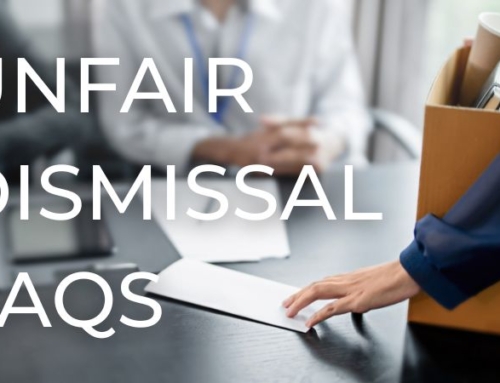With the new rates now in place for the National Minimum Wage (“NMW”), it is important that all employers update their pay structure to reflect the changes and keep sufficient records to ensure workers are being paid the correct entitlement.
As we all know, pay is one of the most important aspects of any employment relationship and employers are legally obliged to pay their employees or workers in accordance with the current legislation as well as their contracts of employment. In Nov 2023, The Office for National Statistics worryingly reported that approximately 366,000 jobs did not pay the National Minimum Wage which constituted around 1.3% of UK employee jobs.
What are the Penalties for not paying the National Minimum Wage?
HMRC are responsible for enforcing payment of the National Minimum Wage and can charge penalties for non-compliance, as well as forcing any underpayment to be rectified. HMRC can look back for up to 6 years and force an Employer to repay any underpayments, and any sums owed are then used to calculate the penalty.
The current penalty is up to 200% of the unpaid wages, with a maximum penalty of £20,000 per employee. This may be reduced by 50% if paid within 14 days.
In addition to potential fines for non-compliance, HMRC also routinely publish the names of companies that they consider to be serious offenders. This may cause reputational damage as the names are usually then picked up by the national press and published in “name and shame” style news stories.
Advice for Employers on preventing and dealing with a mistake
HMRC have given some common reasons for underpaying wages in their Employer Bulletin. These include:
- missing an employee’s birthday and paying the lower rate for their previous age
- over-deducting from wages
- misclassifying employees as interns or self-employed
- failing to pay for all the time that an employee is working, for example when they are shutting up shop or waiting to clear security.
Where mistakes arise, employers should tackle the situation head on and correct their mistakes as soon as possible or they leave themselves open to potential court or tribunal proceedings and penalties for not paying the correct wage in the first place.
National Minimum Wage legislation requires employers to keep sufficient records to ensure that they are paying workers their correct entitlement. Workers are entitled to access their records if they believe they have not been paid at least their National Minimum Wage entitlement, and to bring a claim in the Employment Tribunal where the employer fails to produce pay records or fails to allow them to exercise their right of access.
How can employers prevent mistakes?
Many pitfalls around incorrect pay can be avoided if employers fully understand their pay processes and legal obligations to their employees. Employers should ensure that:
- they have solid systems in place to identify workers moving from one pay rate to another and to ensure that correct rates are being paid to workers each week or month
- they correctly classify staff as employees/workers/self-employed
On the second point, it is advisable to obtain legal advice in respect of contracts and the status of workers where employers are at risk of falling foul of the regulations.
If an employer spots that they have made an underpayment, it is important that they take action quickly to rectify the problem. This will help maintain the working relationship with any affected workers and also to avoid the issue from escalating. Employees will usually understand if an issue is identified, communicated and fixed quickly, but if it is ignored this goodwill will soon be lost.
The consequence of ignoring mistakes – claims from employees
If employers don’t pay or underpay their staff, then they are at risk of claims for unlawful deduction from wages. These claims can recover up to two years of underpayments which can add up to significant amounts.
If an employee spots a mistake in their pay, then they are most likely to raise the issue informally, giving the employer a chance to deal with the problem. Taking action at this point is strongly recommended as the next steps are likely to be time-consuming and ultimately expensive.
If no action is taken, the employee is likely to take legal advice, at which point matters will become more formal. They will usually be advised to submit a formal grievance to the employer, requiring them to spend time following the formal grievance procedure which means management time spent on investigations, meetings and potential appeals. The employee could also involve ACAS or even make a complaint directly to HMRC who will investigate whether the employer has at least paid the National Minimum Wage. Given the potential fines involved, it’s clear that this is not something that an employer should be keen to risk.
Employees also have the option to issue proceedings, instead of complaining to HMRC, which can be done in either the Employment Tribunal or the County Court. Claims in the Employment Tribunal need to be submitted within 3 months less 1 day from the last day that there was an unlawful deduction of payment. County Court claims have a 6-year time limit from the underpayment date and there is also the likelihood of legal costs and interest being awarded on top of any award for breach of contract.
How Backhouse Solicitors can help:
We realise that understanding employment legislation can be challenging and if you have any questions on pay or statutory rates, or would like advice, our team of employment law experts is here to help, contact us today.
Tel: 01245 893400
Email: info@backhouse-solicitors.co.uk
Visit: 17 Duke Street, Chelmsford, CM1 1JU
Or send us a message through the Contact Us page on this website.






